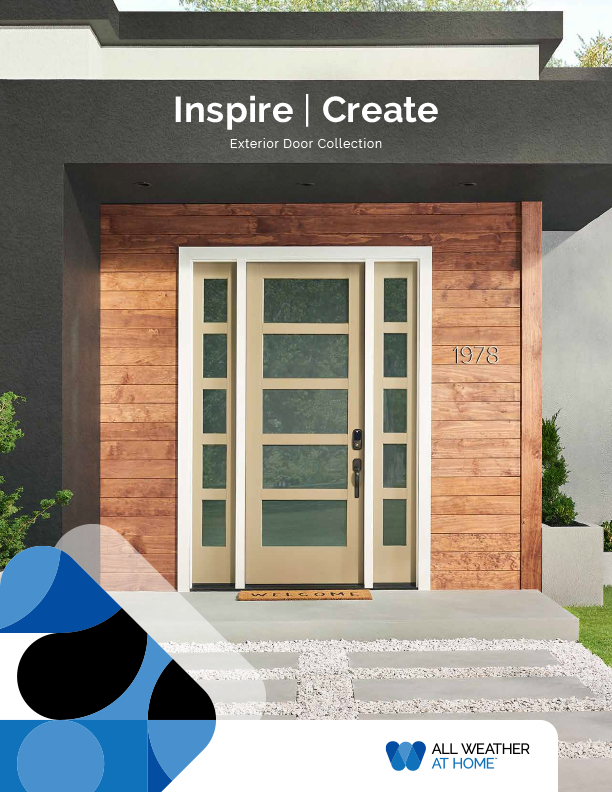Companies’ values can vary widely. However, they all can agree on one thing: the health and safety of their employees is of the utmost importance.
Several talk the talk. All Weather Windows is committed to walking the walk.
After recognizing that the traditional approach to health and safety wasn’t delivering the results they were hoping for, All Weather Windows’ National Occupational Health and Safety Manager Estelle Carson decided to shake things up.
“I wanted to change how people view safety,” she explains. “Moving the conversation from legislation compliance, disciplines, policies and even language used. It will never go away, because that’s the backbone of safety itself. I wanted to move it, expand on it and grow it — making it real and personal for people.”
Leading the way on transformational safety
This has evolved what started as a traditional safety program into a transformational safety philosophy. Through Estelle’s research, she began to help All Weather Windows make the internal pivot from a procedurally focused team into one that starts with the person.
“We’re focusing a lot more on people’s ‘presenteeism’ at work,” Estelle explains. “What does it mean to not just follow a procedure because safety laid it out in front of you, but really talk to your colleagues and stop unsafe work and figure out a better safer way? I’ve noticed a bigger trend in this direction. There are other safety people out there who are thinking like me, too.”
It was a large ask, especially as the changes needed to be embraced from the top down for true participation and acceptance.
“Transformational safety involves employees from a grassroots activity perspective, but it also really targets management,” says Estelle. “If we have managers who are constantly engaged in the conversation about safety with their employees, if they ask questions and they really care about what the answers are and take action, that’s huge. It’s a way of looking at safety from all aspects and making it really personal.”
Participating in this manner may mean managers join their team huddles before drivers take company vehicles out to job sites. Or it could mean managers having conversations with employees about their presenteeism (instead of absenteeism), and being genuinely invested in how they are showing up for work both metaphorically and physically.
“It needs to go beyond the legislation,” she continues. “It’s about what a piece of legislation means to me, the employee. What does it mean to look after yourself and those around you?”
Empowering employees to take action
Such a shift in perspective can be difficult to accept. There needed to be a high level of trust within the organization for the transformational safety approach to have strong enough roots to survive. “I want to create an atmosphere of trust and caring, where workers are responsible for their own safety and the safety of others,” Estelle recalls. “We are all responsible for stopping unsafe work practices from happening.”
Trust in your managers or employer is something that cannot be built overnight, and the process has been gradual. Estelle’s hope is that these conversations continue to gain traction, that employees feel empowered to speak to their teams and with each other when they notice unsafe work practices instead of being fearful of the potential consequences.
It’s all about having the correct frame of mind, she says. “Instead of a concern being interpreted as a person saying ‘Hey, you can’t do your job properly’, the actual intent here is to express concern. It’s ‘Hey, I see you’re doing something that could hurt you, and I want to stop so we can talk about it.’”
Beyond the program approaching health and safety from a more positive and inclusive perspective, it’s also seeing results. Over the last three years since its implementation, there has been a 70% reduction in incidents and injuries, and a substantial decrease in WCB costs. In addition, a recent certificate of recognition (COR) audit of safety — a standard applied nationally to assess the relative safe practices of companies in Canada — has resulted in outstanding scores across several operational units: 97% for glass and commercial operations, 100% for the Winnipeg Customer Solution Centre, and Alberta Residential and Plant 1 operations scoring 93%.
These results echo across the company, speaking not only to a culture that cares about its employees but one that continues to strive for excellence.
















